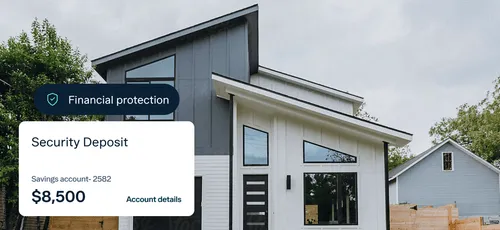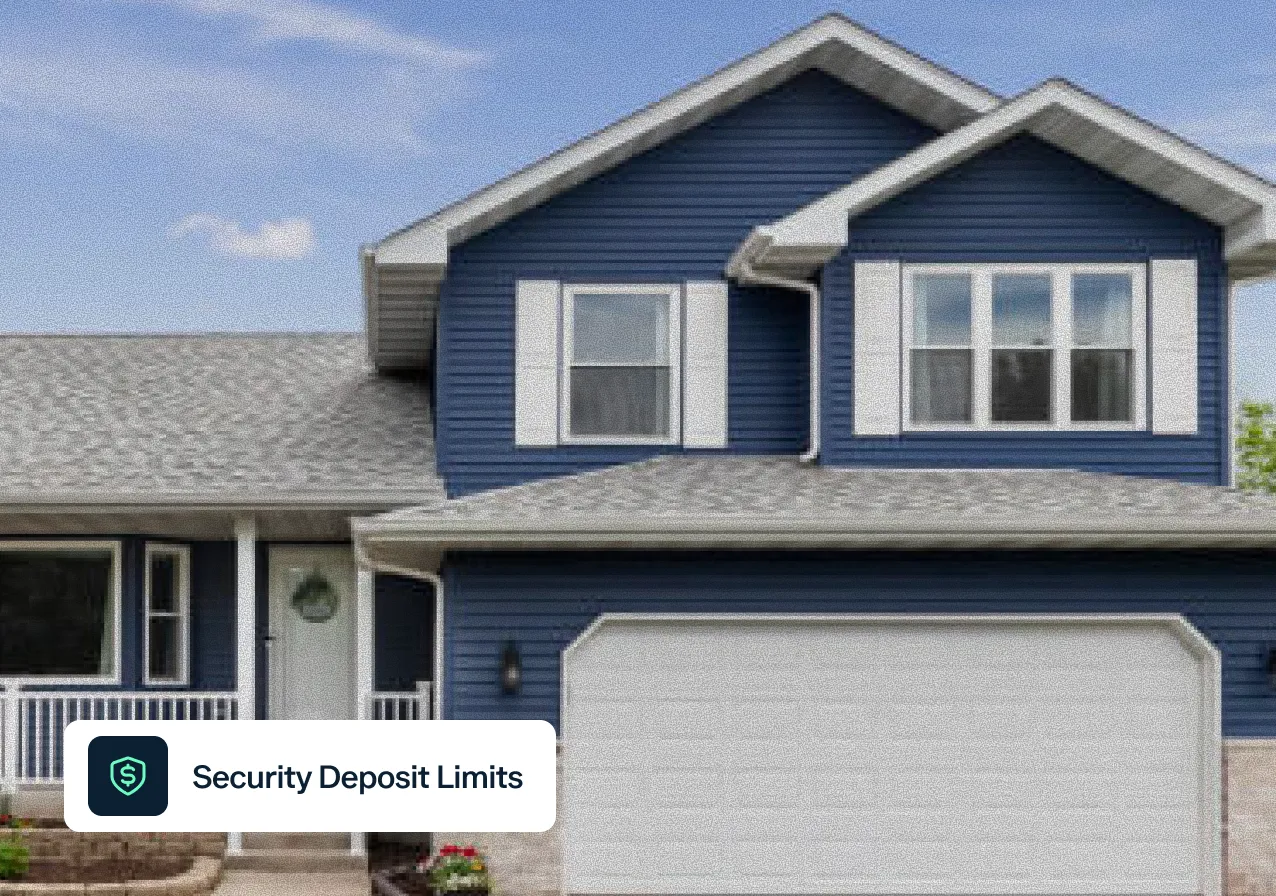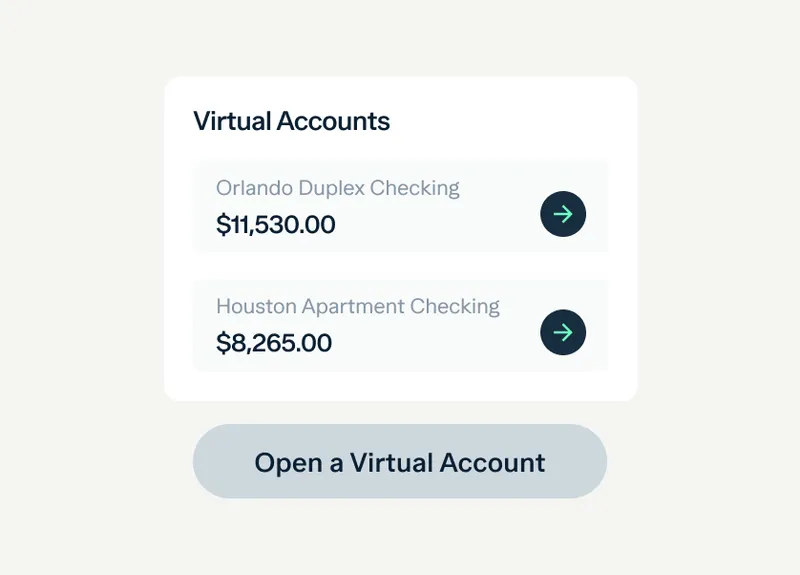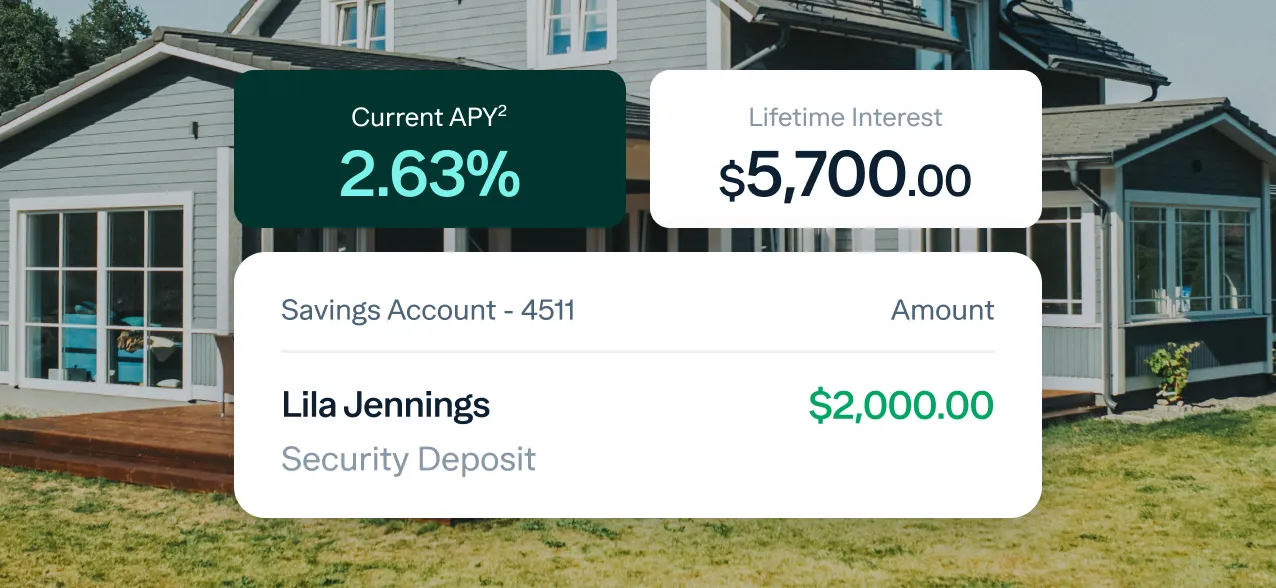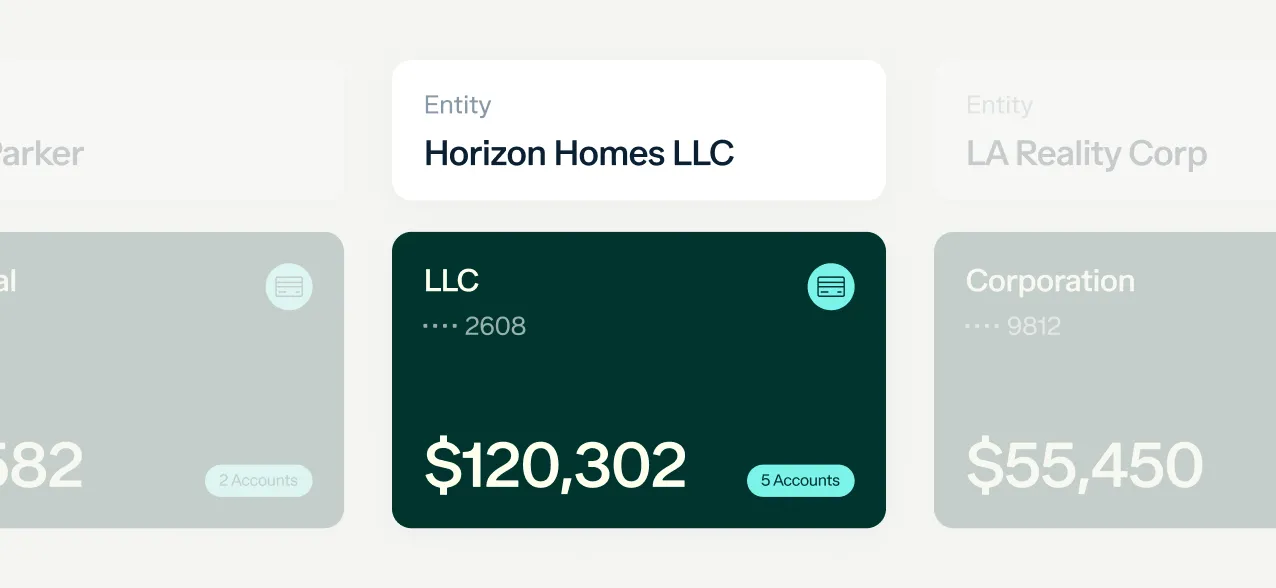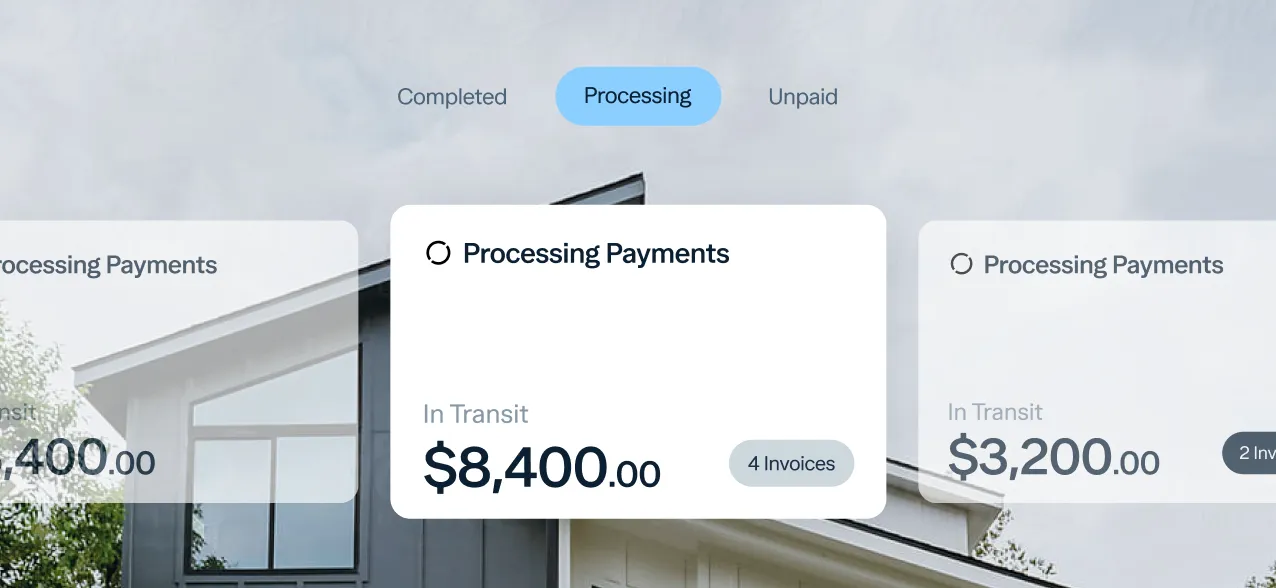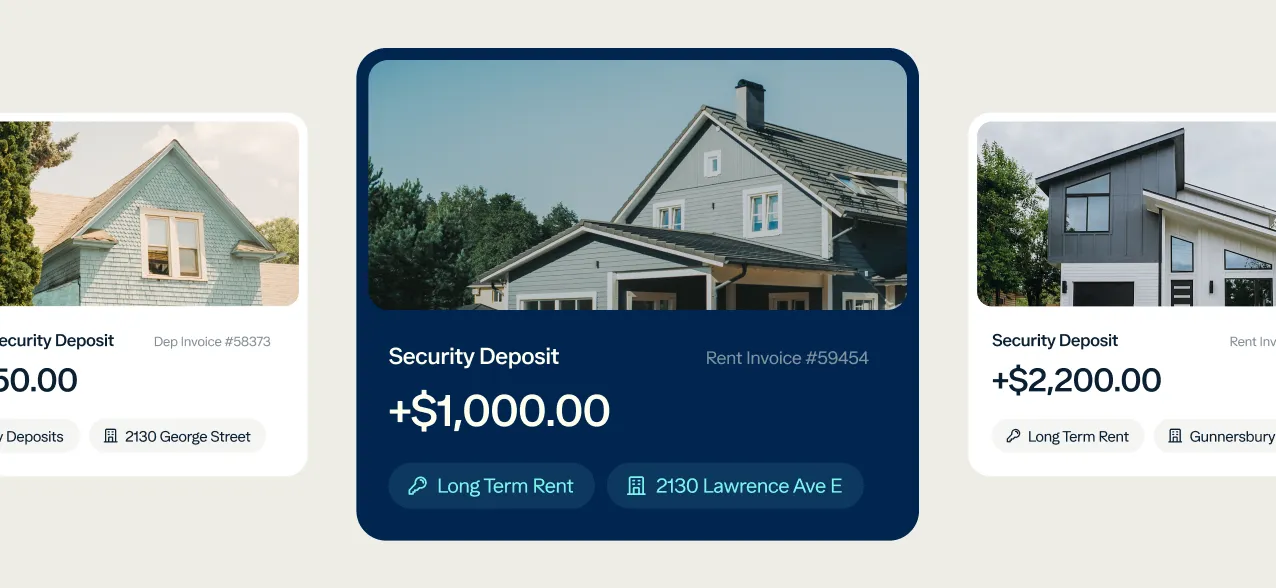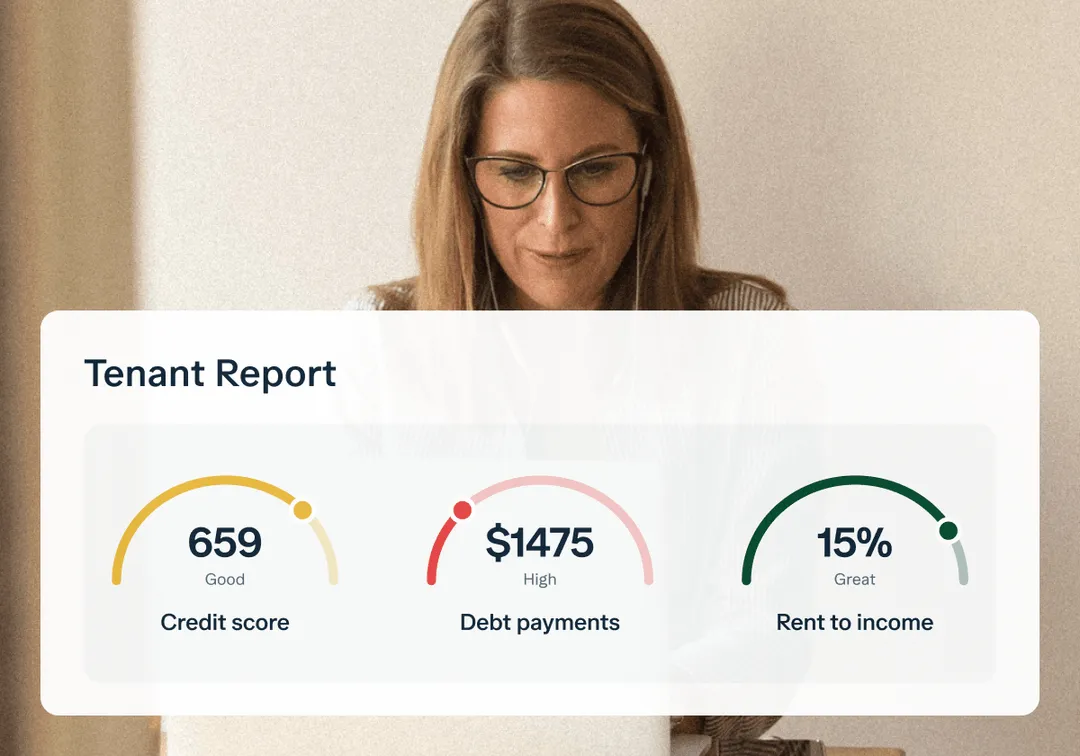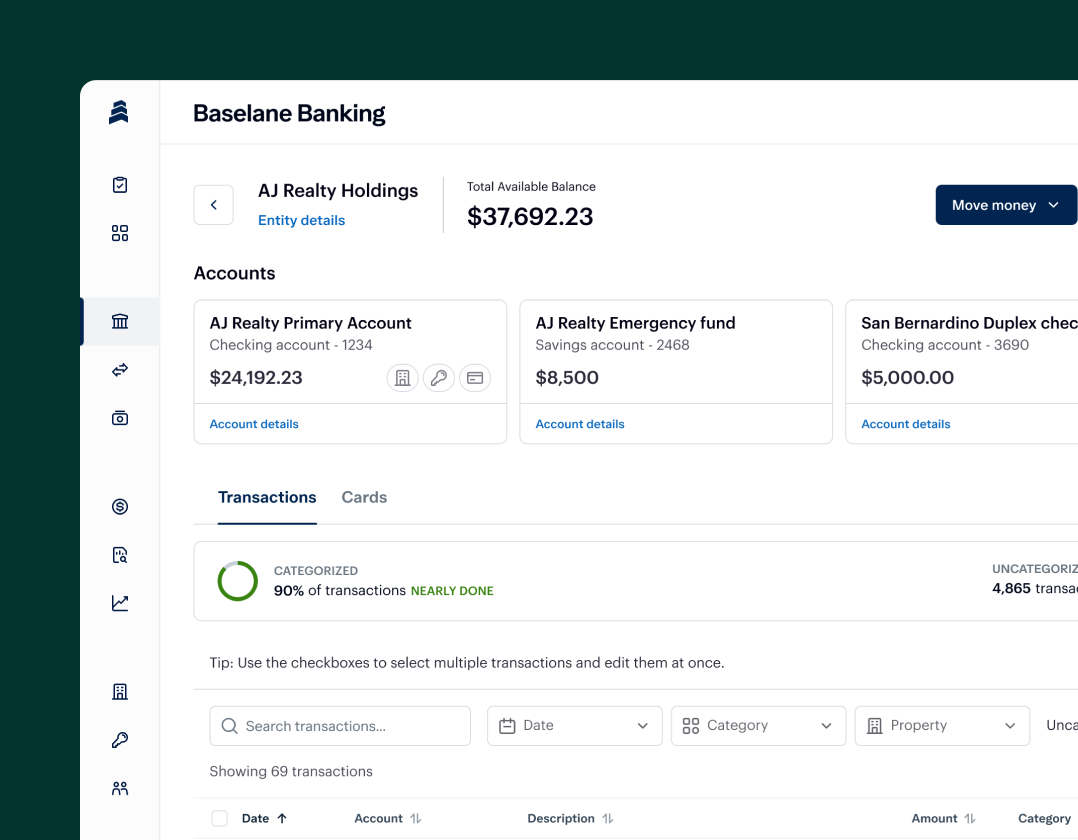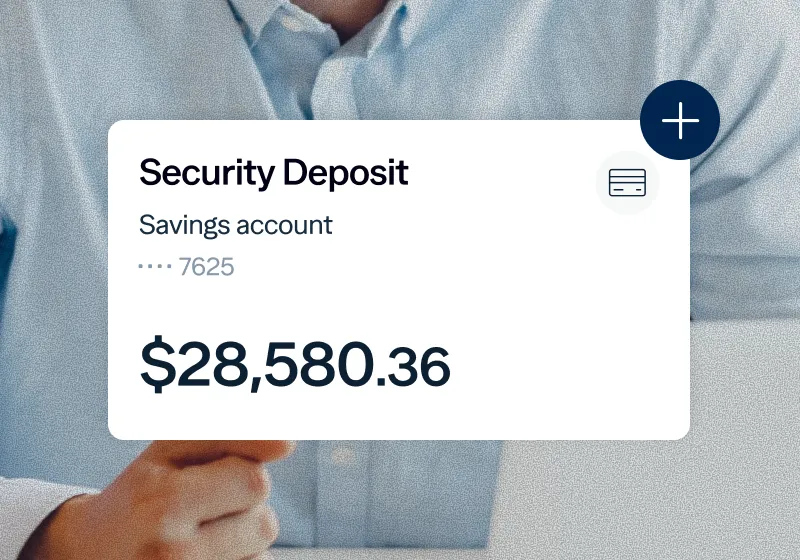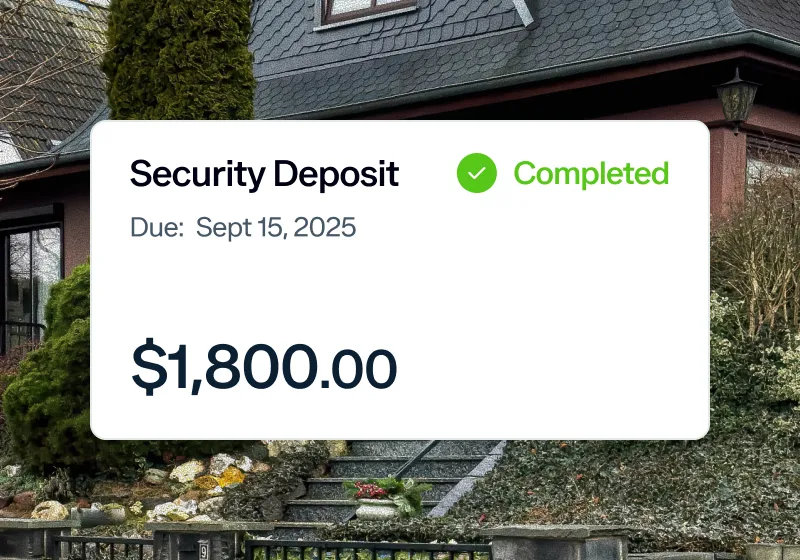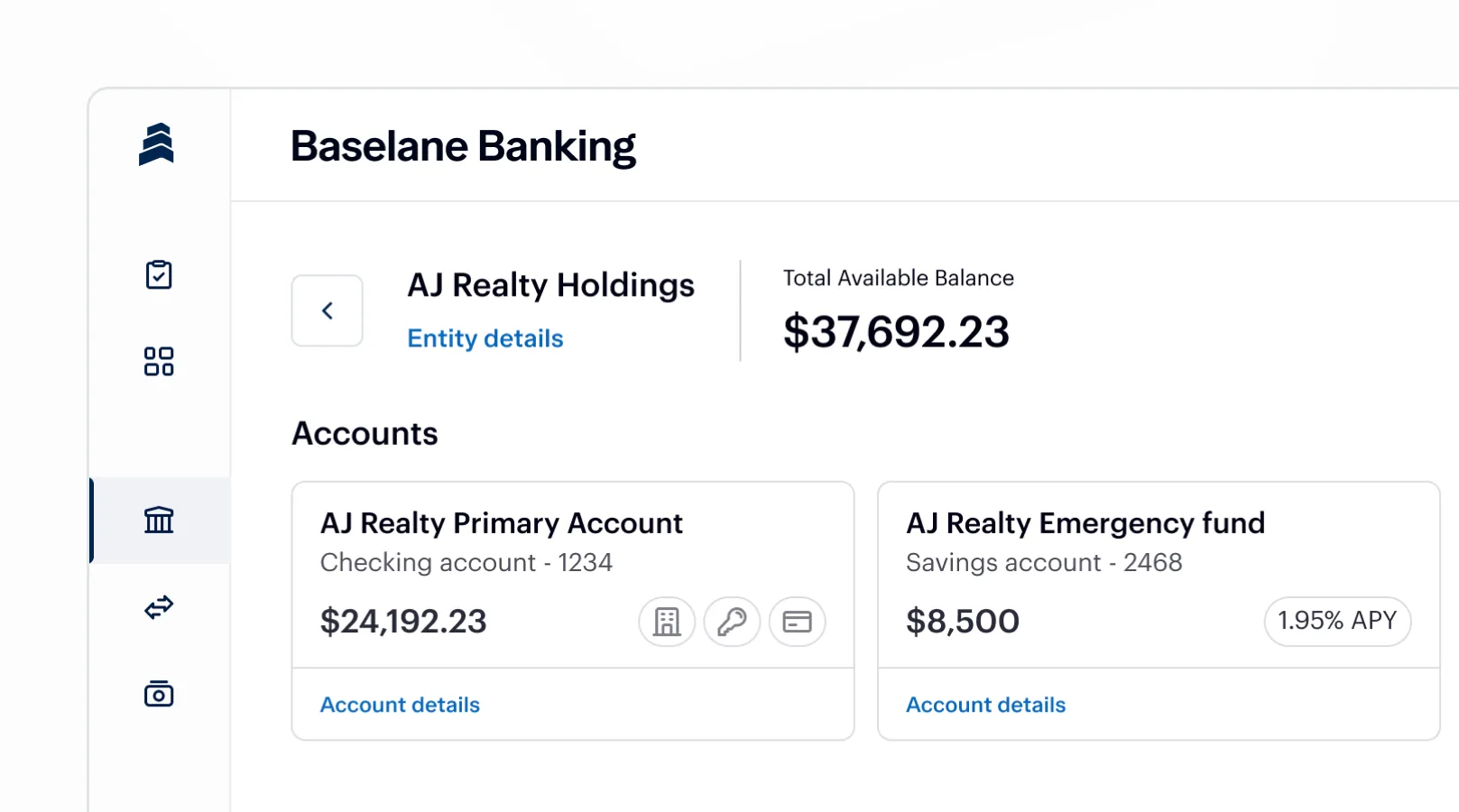The amount of a security deposit in Arkansas is not regulated by state law, and landlords have the discretion to set the amount they require in their lease agreements. Generally, security deposits in Arkansas range from one to two months' rent, but this can vary depending on the landlord's policies and the local rental market. It's important to note that landlords in Arkansas must provide tenants with a written notice explaining any deductions made from the security deposit, and failing to do so could result in legal consequences.
Security deposit rules in {{ state }}
Limit: In Arkansas, landlords may collect a tenant security deposit of up to two months’ rent. This limit applies to landlords who own more than five rental units; those with five or fewer are exempt from the restriction. The amount of the tenant deposit must be clearly stated in the lease agreement before move-in. Maintaining the funds in a security deposit bank account in Arkansas helps ensure proper record-keeping and compliance with state requirements.
Return Deadline: The landlord must return the tenant security deposit within 60 days after the tenant vacates the property and provides a forwarding address. If deductions are made, the landlord must include a written, itemized statement detailing the reasons and amounts withheld. Failure to return the tenant deposit or provide documentation within the deadline can result in the landlord being liable for double the withheld amount.
Acceptable Deductions: The tenant security deposit can be used for unpaid rent, late fees, and damages beyond normal wear and tear. Landlords may also deduct cleaning or repair costs necessary to restore the rental to its original condition, as long as these charges are reasonable and properly documented.
Where to Deposit: Arkansas law does not require landlords to place funds in an interest-bearing account, but it is recommended to hold them in a security deposit escrow account in Arkansas for transparency. Using a landlord tenant security deposit bank account in Arkansas ensures deposits remain separate from personal or business funds. Although there is no required security deposit interest rate, maintaining deposits in a dedicated or trust account helps protect tenant funds and demonstrates professional management practices.

